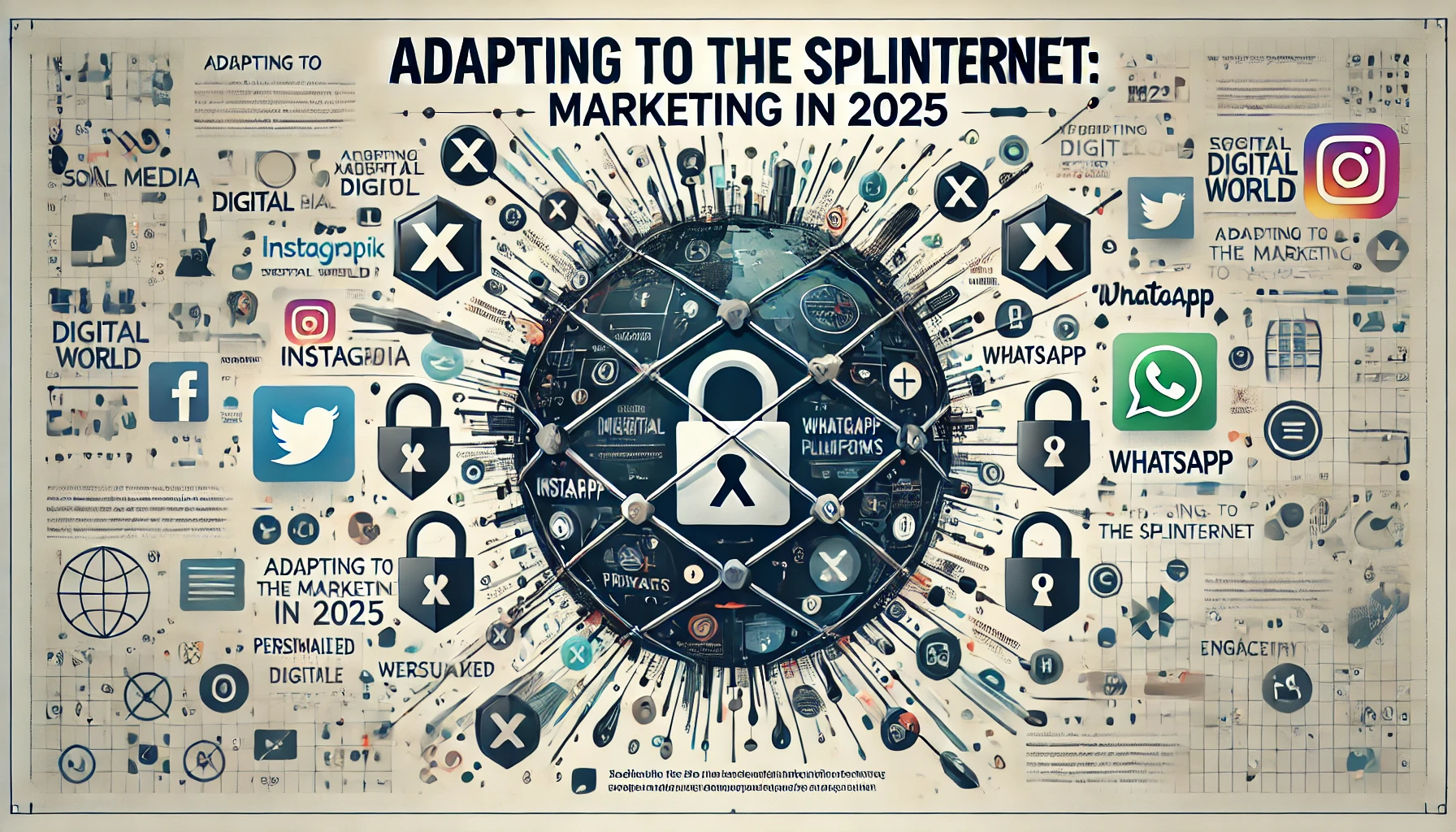📉 There’s been a multitude of individuals and brands leaving X (formerly Twitter), but I think it’s a symptom of a wider shift in how we use the internet, and it could reshape the future of marketing as we know it.
As users leave ultra-connected platforms for more focused, private spaces, we’re witnessing:
🔹 The Rise of Fragmentation: The idea of a “universal digital town square” is fading. Platforms are divided by political views, age groups, and interests. As the US election has shown recently, liberals and conservatives flock to separate platforms, and young people favour closed communities over global free-for-alls.
🔹 Privacy is Back in Style: Gone are the days of oversharing. Today’s audiences prefer intimate, curated online spaces like WhatsApp groups, Instagram Stories, or niche platforms.
🔹 New Rules of Engagement: The majority of users are becoming passive consumers. Most content is now created by professional influencers, leaving brands to rethink how they engage meaningfully with audiences.
So, what does this mean for marketing?
💡 Smaller, More Targeted Campaigns
🔸 Recommendation: Map out your audience’s preferred platforms and behaviours. Build tailored campaigns for smaller, niche spaces like community-specific forums, closed social groups, or hyper-local platforms.
💡 Value Over Virality
🔸 Recommendation: Focus on creating authentic, high-quality content that solves real problems or entertains meaningfully. Avoid the temptation to chase trends that don’t align with your brand’s core message.
💡 Adapting to the ‘Splinternet’
🔸 Recommendation: Invest in localised strategies that reflect the cultural and political nuances of specific regions. Use analytics to measure impact across fragmented platforms and iterate quickly based on audience feedback.
The days of one-size-fits-all, global campaigns are over. In this new era, personalization and meaningful connections will be the key to thriving.


